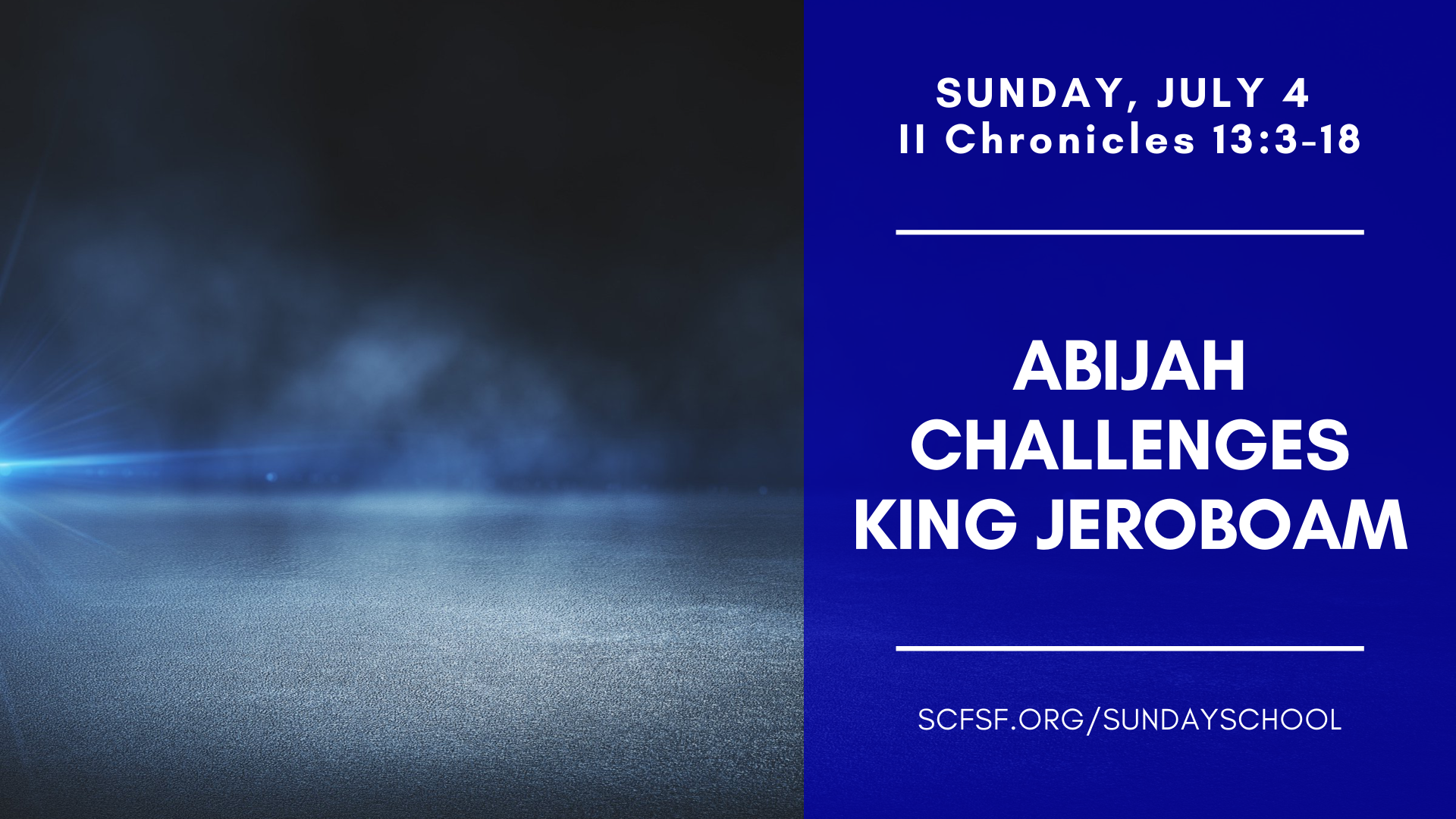
Scripture
By Doug Smith
Lesson Text: Habakkuk 2:1-5; 3:17-1
Related Scriptures: 2 Kings 22:14-20; Psalm 36:1-12; Galatians 3: 10-14;
Hebrews 12: 4-11
Habakkuk lived in Judah during the reign of Jehoiakim. He prophesied between the fall of Nineveh and 612 B.C and the invasion of Judah and 589 B.C. The watchmen and the watchtower, often used by the prophets to show an attitude of expectation, are pictures of Habakkuk’s attitude of patience, waiting and watching for God’s response.
We see in 2 Kings 22:14-20, Huldah was a prophetess, and was used to tell them what the Lord had said concerning His judgment upon that place and the people that dwelt there. The story teaches us that God keeps His hard promises of judgment, but speaks mercy to those who humble themselves before Him. In these verses, Psalms 36: 1-12, God’s faithfulness, justice, and love are contrasted with the sinful hearts of men and women. The underlying theme of the entire psalm, “ Lord, I know you will take care of me and protect me.”
Galatians 3:10-14, tells us that one cannot be saved by the law. Since all fail to keep it perfectly, no one can be justified.( made right before God). We see in Hebrews 12:4-11, we may respond to discipline in several ways. God is not a disciplining parent, but a loving Father who enables us to endure with the expectation that God is conformIng us us to the image of His dear Son. Therefore we should not lose heart or become discouraged but submit to God and live by faith !
Synopsis
By Janice Hall
Habakkuk was questioning as to why God would use an ungodly nation ( Babylon) as the means of judgement on His own people, Judah. The Old Testament prophet had been waiting awhile for God to give an answer to his prayers. Habakkuk had boldly made his complaints, and now was anxious about God’s answer.
Habakkuk’s revelation was not just for himself but to strengthen others. Habakkuk first had to see the vision, then had to make it known. He had to make it permanently as possible , as well as plain and practical. Habakkuk spoke to an age that was beyond his own.
One of the major themes in the verses was trying to grow from a life of doubt to the height of absolute trust in God. Habakkuk promised not to allow anything to get in his way of praising and rejoicing in the Lord. Habakkuk points to Jesus, a life of triumph and praise, now and in the future. The Lord assured Habakkuk the vision would not fail, and would be fulfilled in God’s appointed time.
Practical Application
By Raufu Spagnoletta
In our lesson, Habakkuk profiles spiritual maturity. In the midst of accepting the reality of God’s prophesied judgment on Judah, Habakkuk proclaimed, “Yet, I will rejoice in the LORD. I will joy in the God of my salvation” (Habakkuk 3:18) One’s resolve to maintain a testimony of joy and trust in God in the face of certain suffering and hardship is a paramount expression of joy and a testimony of God’s faithfulness.
Mature faith sustains hope (confident expectation) in God even when the situation and circumstances feel and appear hopeless. Writing the promises of God on the tablet of our heart, by meditating, rehearsing, recalling, proclaiming and confessing what God has promised, anchors our soul in a living hope. This renews our strength while we wait on God’s appointed time to fulfill His Word (Isaiah 40:31).
God is glorified when the believer continues to serve in ministry while suffering. Jesus is our example: while on the cross suffering crucifixion and the impending separation from His Father to give us eternal life, Jesus asked the Father to forgive those who sought His death. He also rendered salvation to the thief on the cross and made provisions for His mother.




